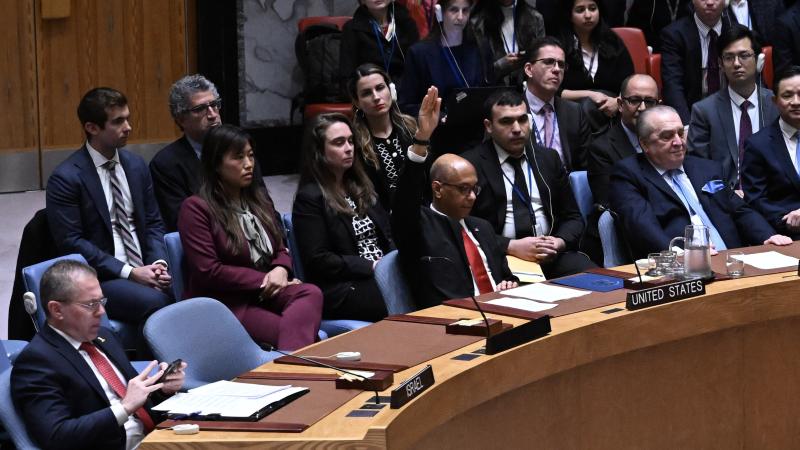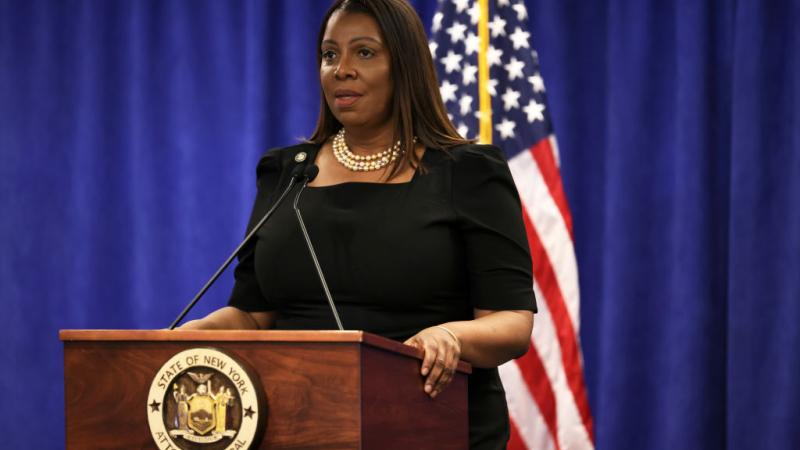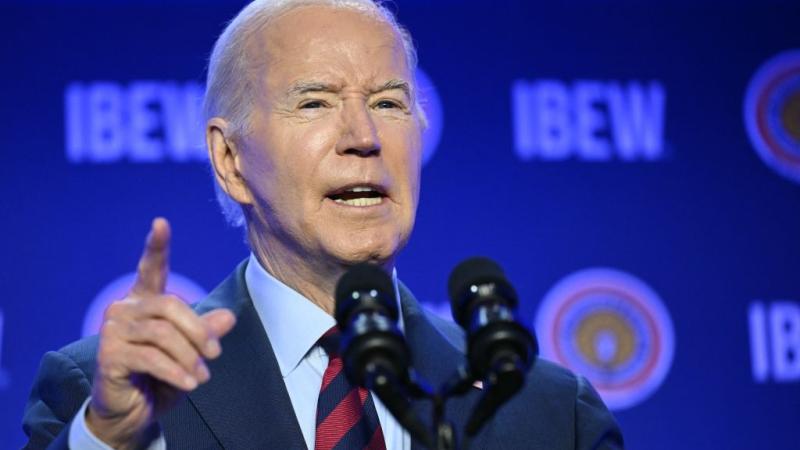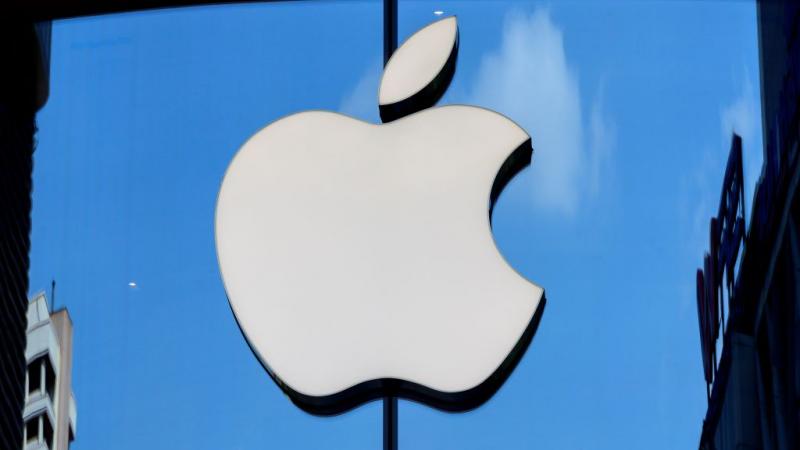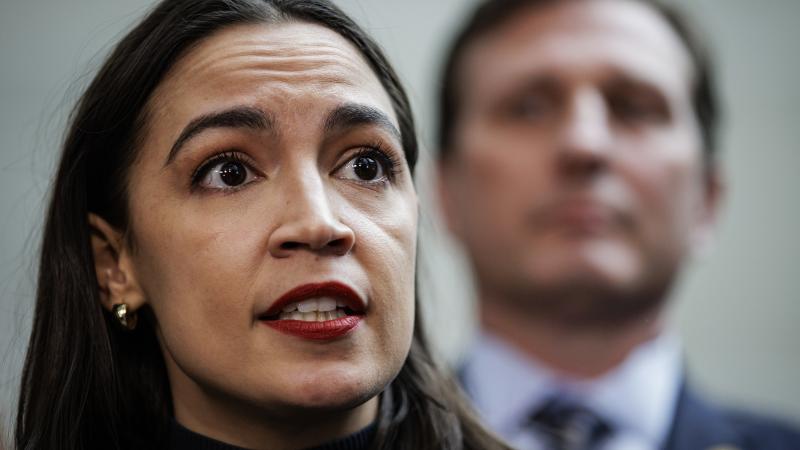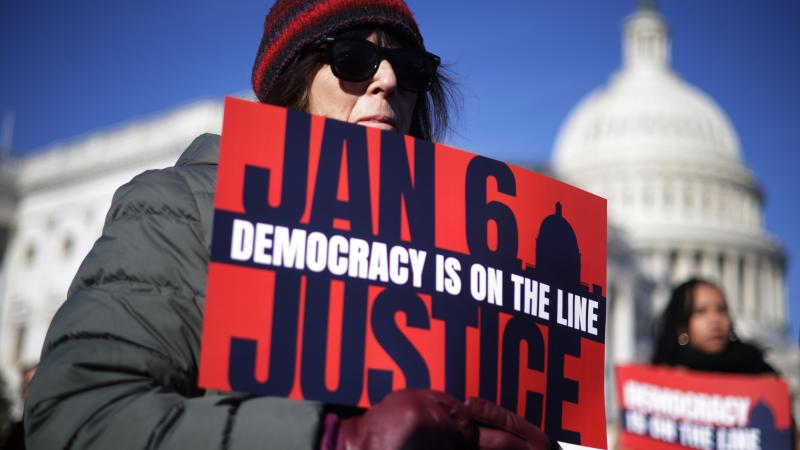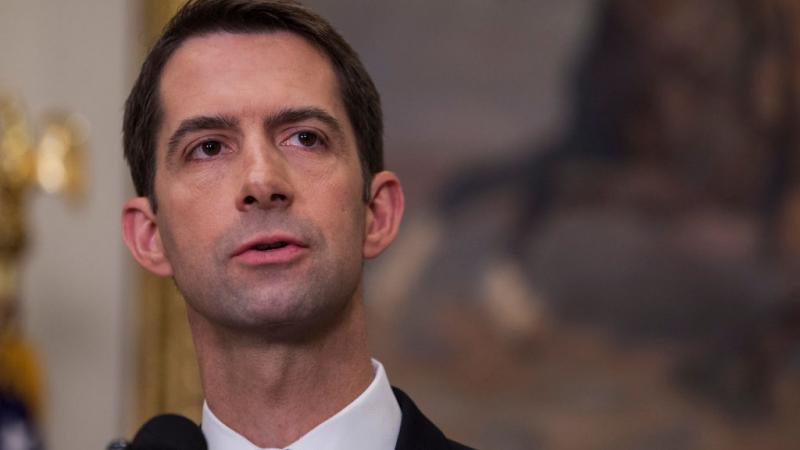Questions arise over whether Trump should employ 2018 order against foreign election influence
The 2018 executive order addresses a specter similar to the revelation that Russian hackers penetrated the DHS.
Amid recent reports of foreign breaches into U.S. government computer systems, questions have emerged whether hackers manipulated the results of the 2020 elections — and if so, whether that would trigger a White House executive order on responding to such an incursion.
The 2018 executive order from President Donald Trump addresses the specter similar to Monday's revelation that Russian hackers had penetrated the Department of Homeland Security.
"Although there has been no evidence of a foreign power altering the outcome or vote tabulation in any United States election, foreign powers have historically sought to exploit America’s free and open political system," Trump wrote in his 2018 order. "In recent years, the proliferation of digital devices and internet-based communications has created significant vulnerabilities and magnified the scope and intensity of the threat of foreign interference, as illustrated in the 2017 Intelligence Community Assessment. I hereby declare a national emergency to deal with this threat."
A Sunday report from a forensic analyst who delved into the Dominion Voting System connected the dots between the 2018 executive order and possible foreign election interference perpetrated via the Dominion machines.
"We conclude that the Dominion Voting System is intentionally and purposefully designed with inherent errors to create systemic fraud and influence election results," reads the Dec. 13 report from Allied Security Operations Group. The report was compiled in connection with a lawsuit from Antrim County, Michigan resident William Bailey, who charged that there were problems with the county voting machines.
Dominion has disputed the report and insisted there were no problems with its machines. U.S. officials likewise have said there is no evidence of widespread fraud or foreign intrusion in the just-completed election.
The forensic analysis report cited the 2018 executive order, implying that the White House should assess whether to impose its provisions.
The executive order instructs the heads of "appropriate executive departments and agencies," including the Director of National Intelligence, to conduct and complete such an evaluation.
"The Director of National Intelligence shall deliver this assessment and appropriate supporting information to the President, the Secretary of State, the Secretary of the Treasury, the Secretary of Defense, the Attorney General, and the Secretary of Homeland Security," the order reads.
The assessment is subject, however, to a timeline that may extend into a new administration under Joe Biden, possibly rendering moot the mandate from Trump.
The first portion of the timeline must commence "not later than 45 days after the conclusion of a United States election," according to the order.
The FBI and the government's Cybersecurity and Infrastructure Security Agency warned in October that a Russian state-sponsored hacking group had launched a campaign against U.S. targets, including government and aviation networks.
Russia has also meddled in U.S. elections using social media, according to an October report from the RAND corporation.
Using fake persona and "superconnector" Twitter accounts, analysts wrote, Russia seeks to inflame political divisions within the United States, aiming to further polarize the factions. During the 2020 election season, analysts wrote, Russia possibly hopes to sow chaos inside the United States.
The Russian embassy did not immediately respond to a request for comment from Just the News.

